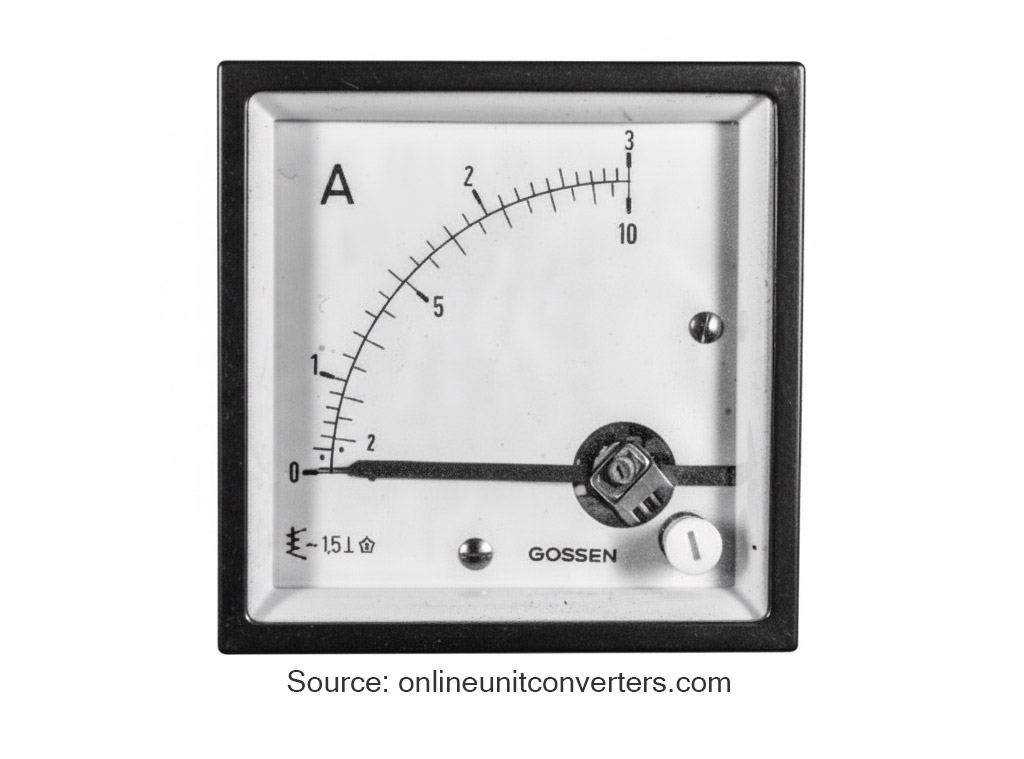Electric current converter for accurate electric current unit conversions
This electric current converter tool helps you perform accurate electric current conversions between 29 units:
Common electric current units explained
Learn more about these commonly used electric current units:
All possible electric current conversions
Below, we provide an overview of all the electric current conversions available on this website to help you navigate and utilize our resources efficiently.
What is electric current?
Electric current is the flow of electric charge through a conductor, such as a wire or circuit. It is a fundamental concept in the field of electricity and electronics, describing how electrons move through materials to transmit energy. In simple terms, electric current measures how much charge is flowing past a specific point in a circuit over a given time.
Units of Measurement for Electric Current
Electric current is measured in amperes (A), commonly known as "amps". The ampere is the base unit of electric current in the International System of Units (SI). Other units are used in specific contexts, but the ampere is the most universally recognized and applied standard.
FAQs
What causes electric current to flow?
Electric current flows when there is a voltage difference (potential difference) between two points, causing electrons to move from a region of negative potential to a region of positive potential through a conductor.
How is electric current measured?
Electric current is typically measured using an ammeter. The ammeter is connected in series with the circuit so it can measure the flow of electric charge accurately.
Below, an eye-level photo of an analog ammeter with a semicircular scale marked in both a logarithmic and a linear fashion. A bold "A", in the top left corner, indicates that the instrument measures the electric current in amperes.

What is the difference between alternating current (AC) and direct current (DC)?
Direct Current (DC) flows consistently in one direction, while Alternating Current (AC) periodically reverses direction. Most household devices use AC, whereas batteries provide DC.
Can electric current exist without voltage?
No, electric current cannot exist without a voltage source. The voltage provides the necessary force to push the electrons through the conductor, creating current flow.
Is higher current always dangerous?
Higher current can be extremely dangerous as it generates heat and can cause electric shocks or fires. However, the danger also depends on factors like voltage, resistance, and the path the current takes through the body or circuit.






